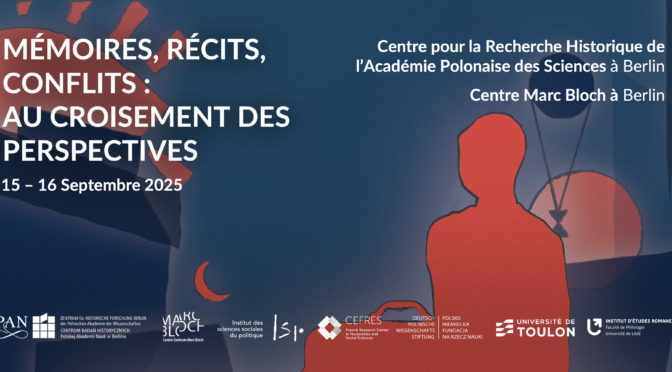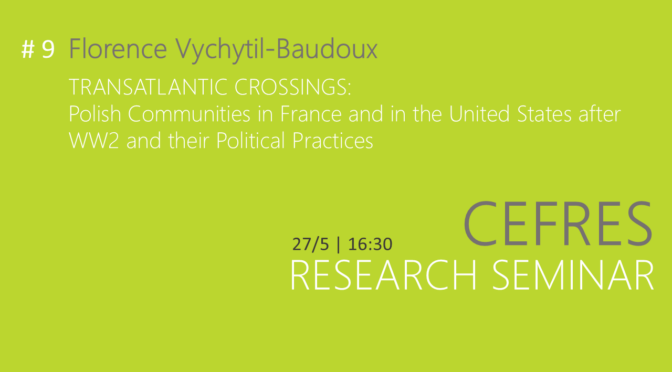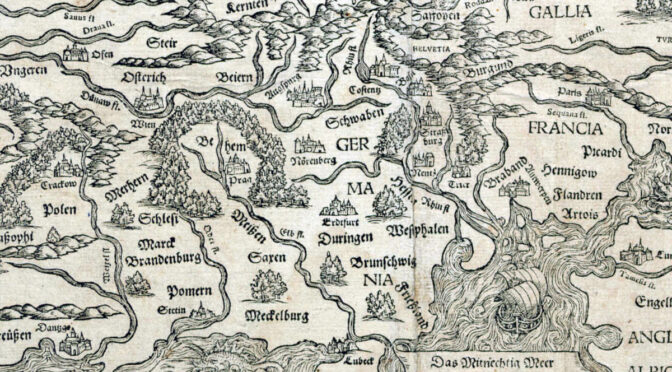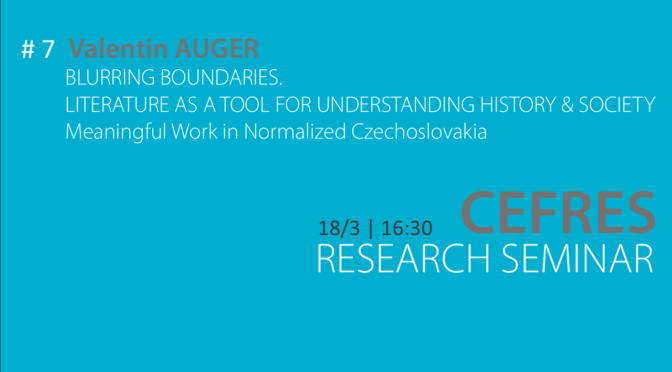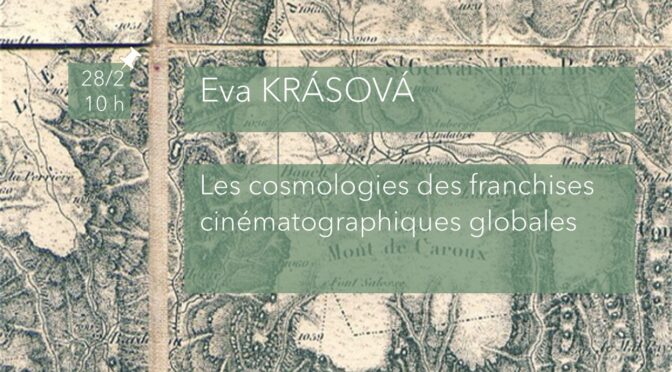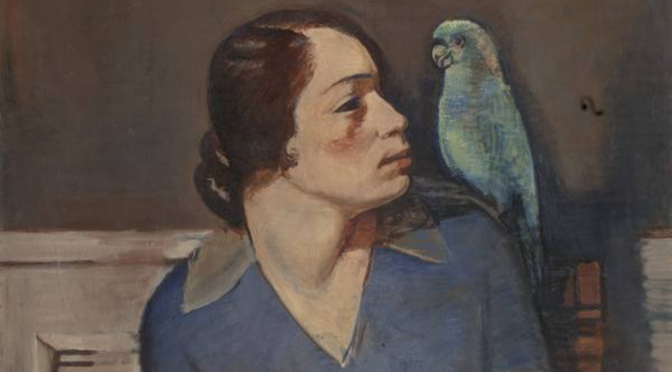École(s) de Paris: Crossroads of Arts and Transnational Encounters
Konferenci organizuje CEFRES ve spolupráci s Národní Galerií v Praze a Francouzským institutem v Praze v rámci společné série Rezonance /Résonnance.
Datum: 20. února 2025, 9:00-19:00
Místo konání: Velvyslanectví Polské republiky v České republice, Valdštejnská 8, Praha 1 ; Francouzský institut v Praze, Štěpánská 35, Prague 1
Jazyky: francouzština a angličtina
Program
I. INTERNATIONAL CONFERENCE
Velvyslanectví Polské republiky, Valdštejnská 8, Prague 1
9:30 Registration, coffee / Registrace, káva
10:00 Introduction / Úvodní slovo
Jacek Gajewski, Ambassador of Poland in Czech Republic / velvyslanec Polska v ČR
Stéphane Crouzat, Ambassador of France to the Czech Republic / velvyslanec Francie v ČR
Alicja Knast, General Director, National Gallery in Prague / generální ředitelka Národní galerie v Praze
10:15 – 11:30 Visual Arts
L´École de Paris entre les deux guerres et les artistes tchécoslovaques / École de Paris Between the Wars and Artists from Czechoslovakia
Anna Pravdová, Curator NGP and Curator of the Exhibition École de Paris: Artists from Bohemia and Interwar Paris / kurátorka NGP a kurátorka výstavy École de Paris: Artists from Bohemia and Interwar Paris
Les artistes juifs de l’École de Paris / Jewish Artists of the École de Paris
Pascale Samuel, Curator, Musée d’art et d’histoire du Judaïsme, Paris / kurátor, Musée d’art et d’histoire du Judaïsme, Paříž
École de Paris and Its Polish Connection
Artur Tanikowski, National Institute of Architecture and Urban Planning, Warszawa / Národní institut Architektury a Urbanistického plánování, Varšava
11:30-11:50 COFFEE BREAK / PŘESTÁVKA
11:50 – 13:00 Visual Art and Music
The Ukrainian Branch of the School of Paris. From Ukraine to Paris via Prague
Vita Susak, member of the Swiss Academic Society for East European Studies, Bern / člen Swiss Academic Society for East European Studies, Bern
Le groupe artistique polonais “Comité de Paris” (Kapistes) dans la Ville des Lumières / Polish artistic group “Paris Committee” (Kapists) in the “City of Lights”
Anna Baranowa, Association of Art Historians, Krakow Branch / spojení s Art Historians, Krakovská pobočka
A Musical School of Paris? Between Ghost and Opportunity
Federico Lazzaro, University of Fribourg / Freibourská univerzita
13:10 – 14:10 LUNCH BREAK / OBĚD
II. LECTURE–CONCERT
Velvyslanectví Polské republiky, Valdštejnská 8, Prague 1
14:30 – 16:00
Paris, capitale musicale polonaise dans l’entre-deux-guerres / Paris, the Polish Musical Capital in the Interwar Period
Účinkující: Renata Suchowiejko (přednáška ve francouzštině), Joanna Maklakiewicz (klavír), Marek Bugajski (viola).


